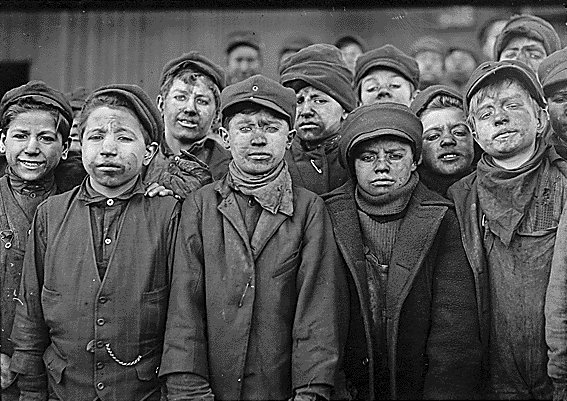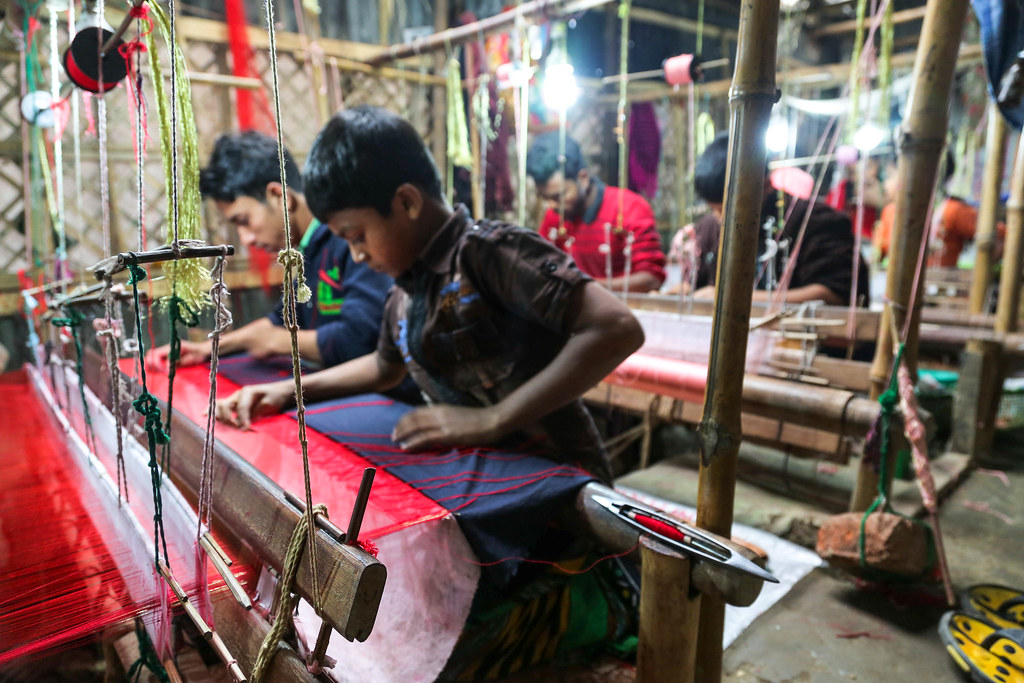The readings for this week were quite upsetting. All of the reading focused on the abuse that people, children in particular experienced during the mid 1800s at the height of the Industrial Revolution. The first text, The Life of the Industrial Worker in the 19th Century-England exposed the harsh circumstances people were working under in factories. The workers are often described as pale and sickly looking due to the immense amount of hours they were working each day. One of the texts mentions that there was a point where people were working seventy one hours a week. The very last text in the first reading talks about how crippled children became so early on in their youth due to the gruesome working conditions they were put under. In the poem called The Silesian Weavers a particular line struck me because of the violent image it implanted in my brain, “who wrenched the last coin from our hand of need, And shot us, screaming like dogs screaming in the street”. This sentence sums up the attitude of the factory owners who did not care about the conditions their workers were subject to. Lastly, Oastler shows the anger and frustration felt by people after witnessing and hearing accounts of abuse from children workers. Oastler recounts one boy by the age of ten who had suffered many injuries already at such a young age that would surely affect his health in the future.


These texts make me wonder about how such inhumane conditions and treatment of other human beings became acceptable in the first place. Today there are a number of companies that employ child workers who are paid very little and forced to work long hours. Not only child workers, but adults as well in many developing countries are treated poorly, regarding their wages and/or the conditions in which they are expected to work under. Why haven’t these issues been solved, why is it so easy for people to take advantage of others regarding their work? I am currently in a business class and the other day we were talking about business ethics. The question my teacher asked was as follows: Is it right of a U.S. company to support a company (presumably in an underdeveloped nation) who underpays their workers and makes them work under bad conditions if the workers say they are grateful for their work? Where is the line drawn? What if that job is the only way the workers are getting food on the table? Who are we to judge?
